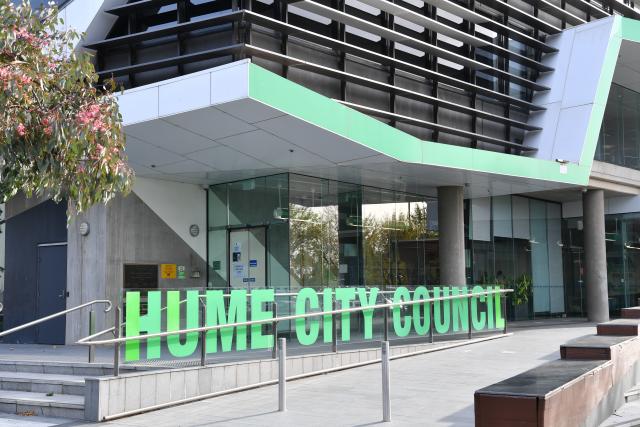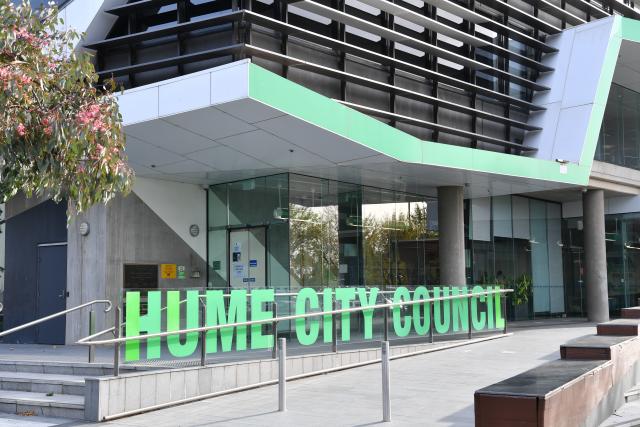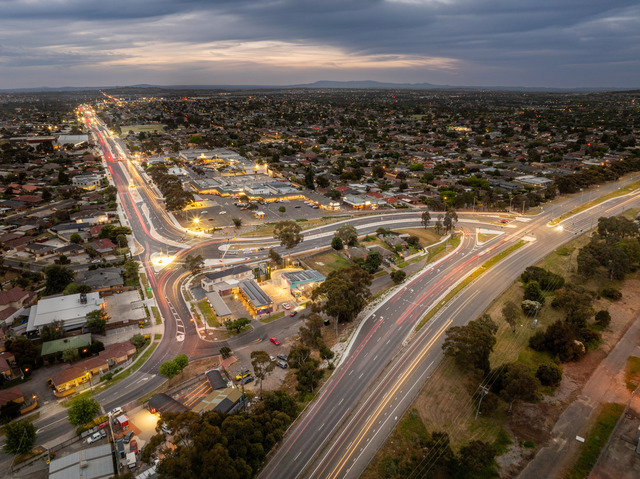A Whittlesea youth worker fears changes to visa conditions for the parents of young refugees already in Australia, will put the cost of bringing family members here out of reach.
The federal government announced on June 2 it was discontinuing funding for the non-contributory parent visa, which financially assists young refugees to move their parents to Australia.
The changes will also abolish the sponsored carer’s visa, which allows people into Australia to care for sick or disabled family members.
Whittlesea Community Connections youth case worker Sudha Kuganesan said the changes would hit some of the area’s most vulnerable and isolated youth.
She said families would be forced to pay up to $45,000 per person for visas, which used to be free.
Ms Kuganesan works with dozens of young people between 13 to 19 who have legally sought asylum in Australia.
She estimated she supported about 60 young people a year in Whittlesea alone and said young refugees often struggled with depression, anxiety and other mental health issues caused by being separated from their families.
“I’m working with one 16-year-old living in a settlement house in the northern suburbs,” she said.
“Without this funding it’s unlikely he will ever be able to afford to bring his parents over.
“These are kids. They need their families in Australia and they fled their countries of origin, not by choice, but because their parents wanted a better and safer life for them.”
Federal MP for Scullin, Andrew Giles, said the changes meant low and middle-income families would now have to pay up to $125,000 to get family members into Australia.
“This will be devastating for communities like Scullin, where 40 per cent of resident were born overseas,” he said.
“Local families will face an uphill battle to be reunited.”
Mr Giles said he also feared the changes would put pressure on Australia’s public health and aged care services.
A spokeswoman for the Federal Immigration Minister, Scott Morrison, said it was a difficult decision but would save the government more than $35 million.
“The government has focused the migration program on those most able to support their own settlement,” he said. “The waiting times for family visas are between four and 16 years. The decision was taken to freeze future applications, as not doing so would only add to waiting lists, needlessly cost applicants and cruelly raise their expectations of a visa outcome that simply can’t be delivered in the medium or longer term.”
All visa applications that were lodged before June 2 will still be processed.







